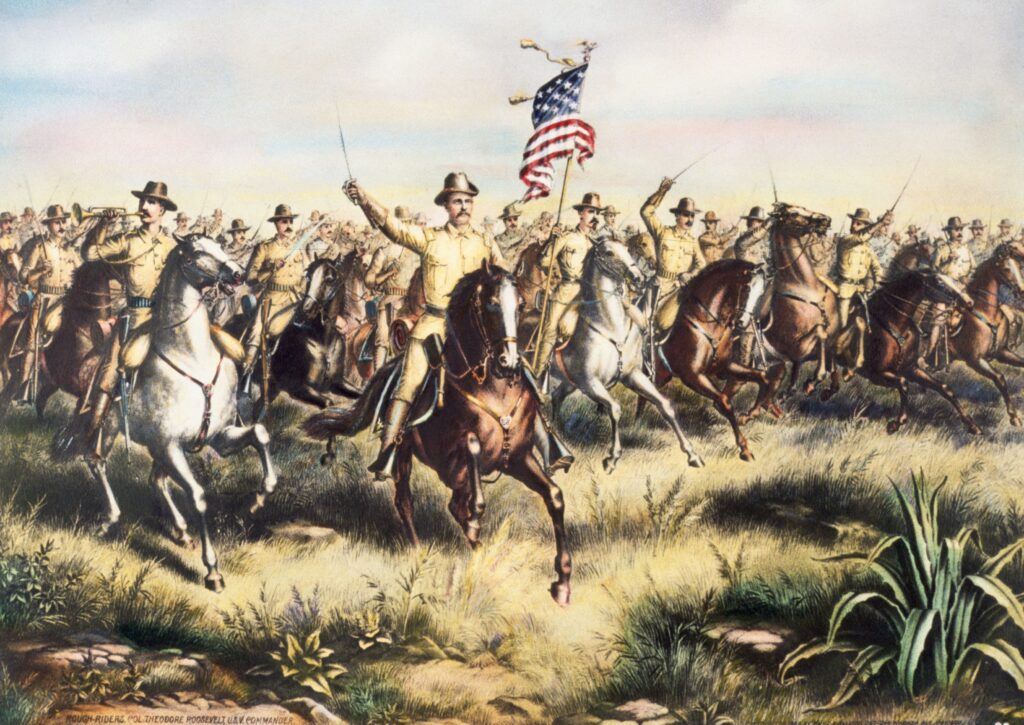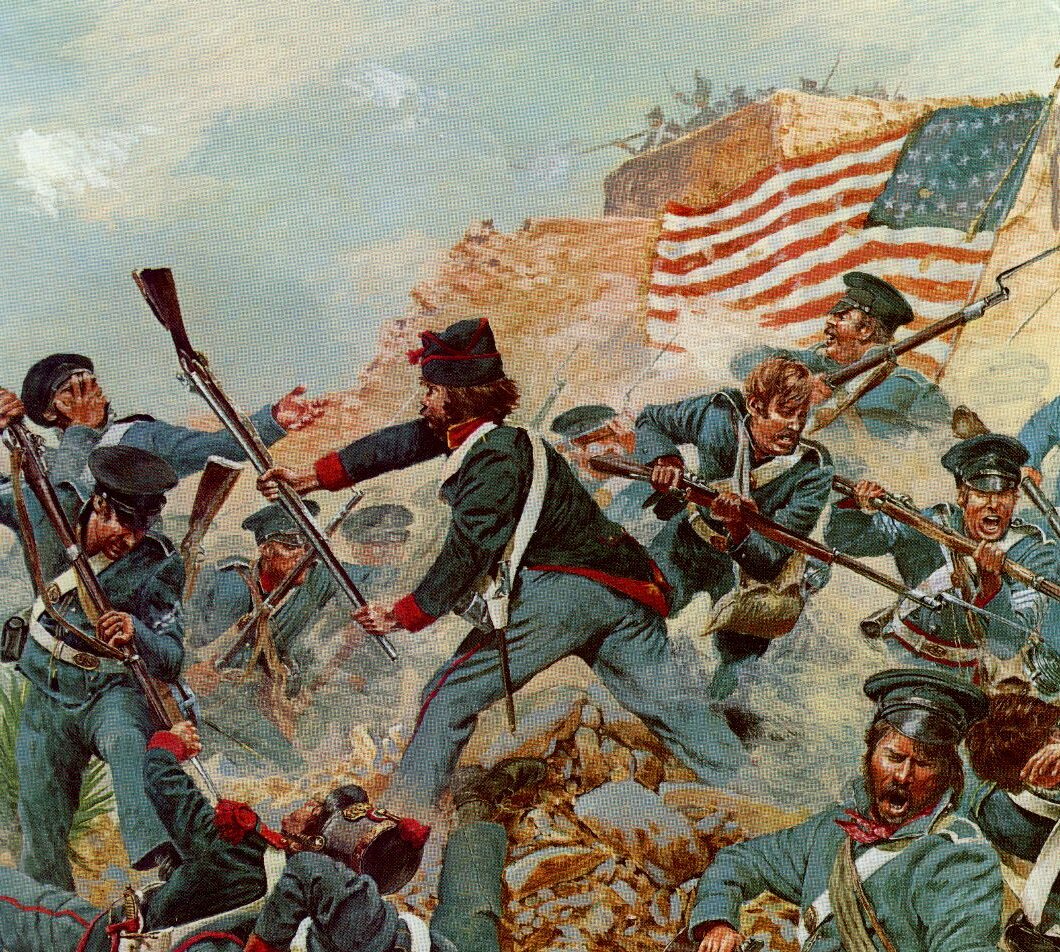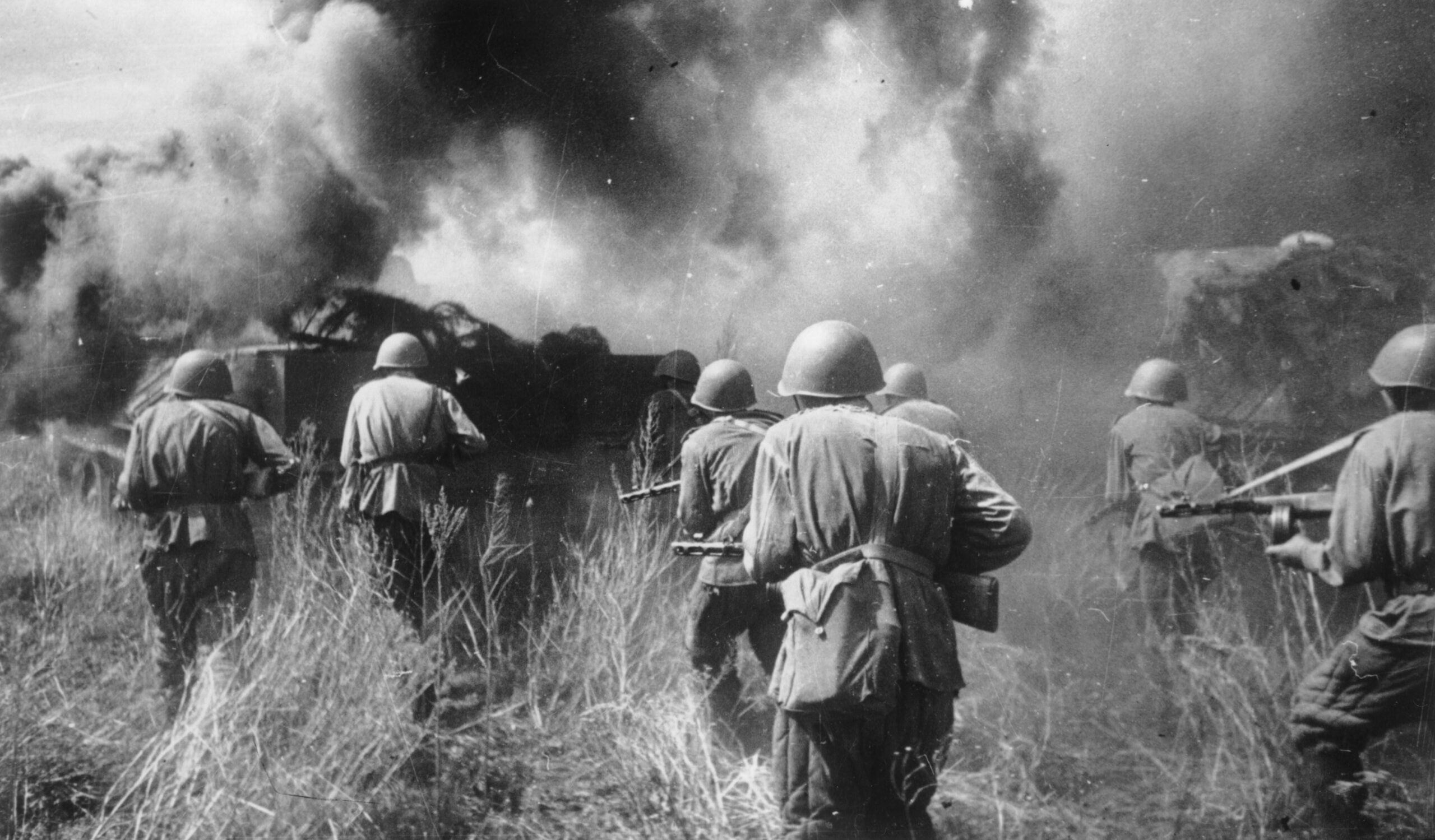Wars are expensive, and there was a time when the United States paid for them with money instead of going into debt. Back in those days, however, the American government collected revenue very differently. Those old-timey methods of paying the bills led to more than 100 years of telecommunications excise taxes, including cell phone taxes that some believed were still paying for America’s 1898 war with Spain. Congress did originally pass an excise tax to pay for the Spanish-American War, but it was renewed time and again over decades to pay for more wars.

The Role of Excise Taxes in Funding Wars
At the turn of the 20th Century, the U.S. government drew most of its money from tariffs. Excise taxes on specific goods (like tobacco and coffee) were another source of revenue. The United States imposed its first income tax during the Civil War, but it was repealed in 1872. So when it came time for war with Spain, Congress needed a way to pay for it.
The answer they came up with was an excise tax on a new technology that was sweeping the nation at the time: the telephone. American Telephone and Telegraph (which you might know as AT&T) was formed in 1885, and by the time the USS Maine exploded in Havana harbor, there were around half a million telephones in the U.S.
The Rise and Fall of Telecommunications Excise Taxes
That excise tax did not last forever, as some would have us believe, but the idea of the tax never died. It was repealed at the end of the Philippine-American War in 1902. Congress then voted to pass the 16th Amendment to the Constitution in 1909, which allowed the body to enact a permanent income tax. It was ratified in 1913, becoming the law of the land.
The phone excise tax stayed gone until tariff revenues dipped at the start of World War I in Europe in 1914. With fewer goods shipping from the war-torn continent, and despite the new income tax, the U.S. needed to make money somehow. So Congress brought back the old phone tax.

This new tax costs Americans one cent for every 15-cent phone call. It was supposed to expire in 1915, but Congress renewed it through 1916. When the U.S. entered World War I in 1917, Congress needed money again. This time, the charge was five cents for every “telegraph, telephone, or radio, dispatch, message, or conversation,” costing 15 cents or more. It was extended through 1924.
Of course, Congress would come calling again when the Great Depression hit. With fewer businesses paying taxes and fewer Americans earning an income, the income tax just wasn’t raking in the money like it once did. After passing in 1932, the excise tax was renewed 29 times. During World War II, the tax rate reached 15 percent on local calls and 25 percent on long-distance calls.

Excise taxes on phone calls fluctuated in the 1950s and 1960s during the Vietnam War. In the 1970s, Congress voted to reduce the tax annually until it disappeared entirely. Unsurprisingly, its repeal was delayed repeatedly throughout the 1980s. In 1991, George H.W. Bush called for the tax to be enacted permanently while raising its rate to a percentage instead of cents on the dollar.
After President Bill Clinton vetoed a budget that repealed the tax in 2000, after more than 100 years, the excise taxes had cost Americans an estimated $300 billion. It wasn’t until trade groups sued the IRS over the tax in 2006 that it finally disappeared from phone bills across the country.
It’s not that the country didn’t need the money. The Spanish-American War cost the U.S. $250 million overall. Some ancestors of veterans are still receiving a pension for the war from the Department of Veterans Affairs, so we aren’t done paying back. But at least nowadays, cell phone users aren’t stuck footing the bill for America’s fight to avenge the Maine.
Read About Other Military Myths and Legends
If you enjoyed learning about the Spanish American war telecommunications excise taxes, we invite you to read about other military myths and legends on our blog. You will also find military book reviews, veterans’ service reflections, famous military units and more on the TogetherWeServed.com blog. If you are a veteran, find your military buddies, view historic boot camp photos, build a printable military service plaque, and more on TogetherWeServed.com today.

0 Comments